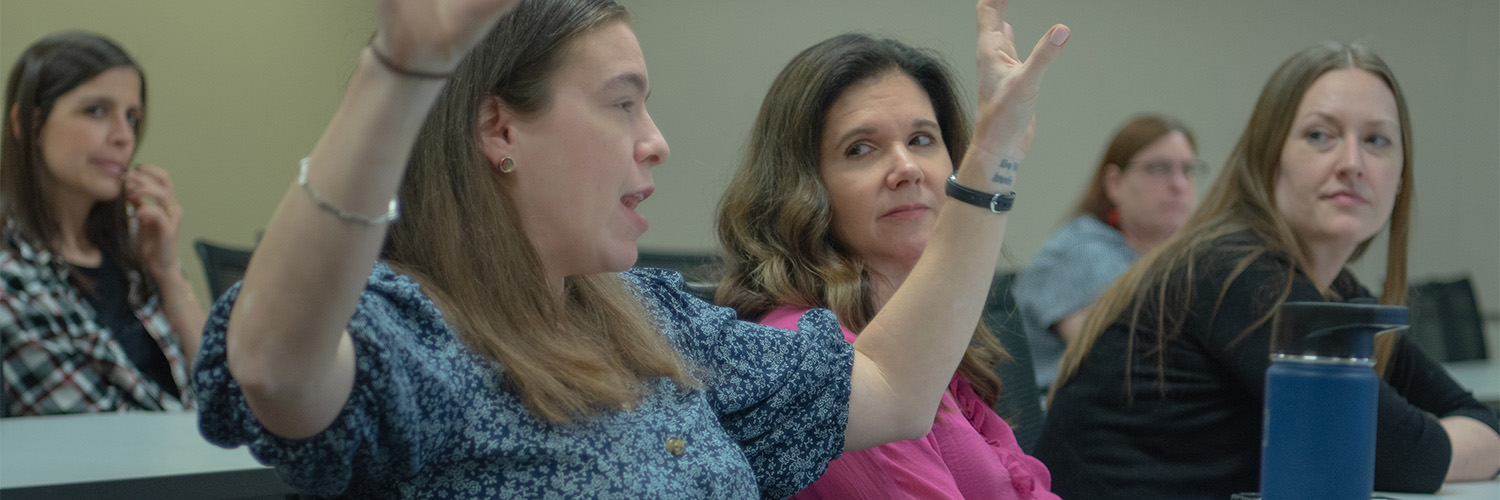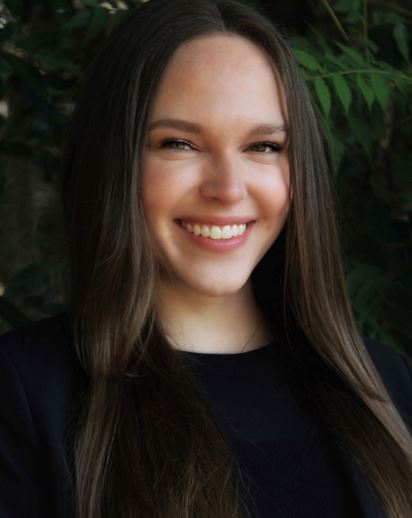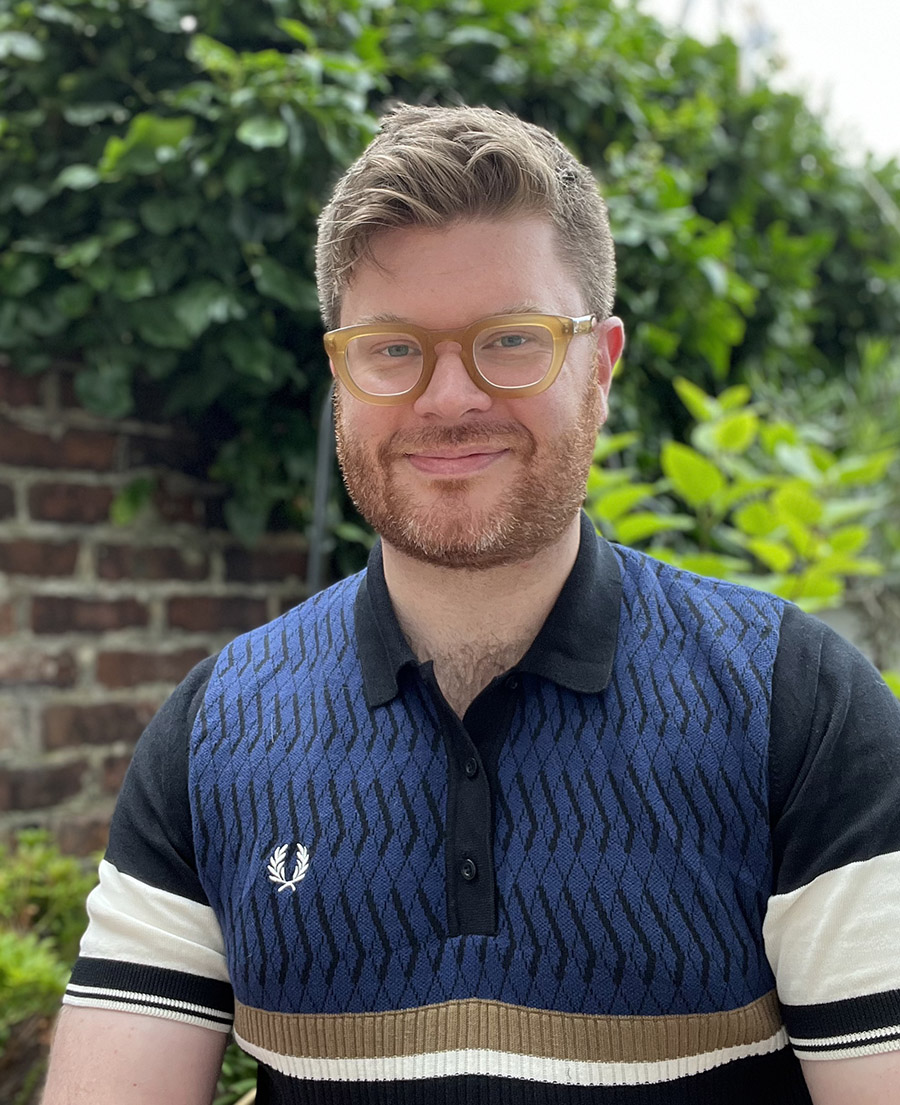
- Augusta University
- Colleges & Schools
- Pamplin College
- CSSR
- Fellowship Programs
Fellowship Programs
Become a CSSR Fellow!
Each year the CSSR selects faculty working on social scientific projects to participate in our Fellowship Programs. These fellowships provide faculty members with the time and resources (either summer stipends or course buyouts) to pursue their research agenda.
Social scientists from any department in the Pamplin College are encouraged to apply. Please contact us for more information.
Contact Us
Center for Social Science Research
Allgood Hall N217
Dr. Dustin Avent-Holt, Director
Fellowship Applications
CSSR Fellowship Program
Grant Mentorship Program
The Center for Social Science Research Grant Mentorship Program provides support, including time and consultation support, for Pamplin faculty working in the social sciences to develop an extramural grant proposal. Mentees in this program receive one course release for each of two semesters over an academic year and will work directly with Center staff to develop a grant proposal from conception to submission, learning basic and advanced skills of writing and submitting grants.
2025-2026 Fellows
Dr. Emily Boykin
CSSR Fellow
Assistant Professor - Public Administration


Joseph Bradshaw
CSSR Grant Fellow
Assistant Professor - History
Dr. Thom Loyd
CSSR Fellow
Assistant Professor - History

Past Fellows
2024-2025 Fellows
Dr. Carrie Reif-Stice
Dr. Robert Saunders
2023-2024 Fellows
Dr. Raquel V. Oliveira
Dr. Yufan Yang
2022-2023 Fellows
Dr. Ashley Hopkins
Dr. Lance Hunter
Dr. Carrie Reif-Stice
Dr. Melissa DeVelvis
Dr. Mary Kate Lizotte
2021-2022 Fellows
Dr. Rhucha Samudra
Dr. Eunhye Kim
2020-2021 Fellows
Dr. Gregg R. Murray
Dr. Wendy J. Turner
2019-2020 Fellows
Dr. Mary-Kate Lizotte
Dr. Todd Powell-Williams